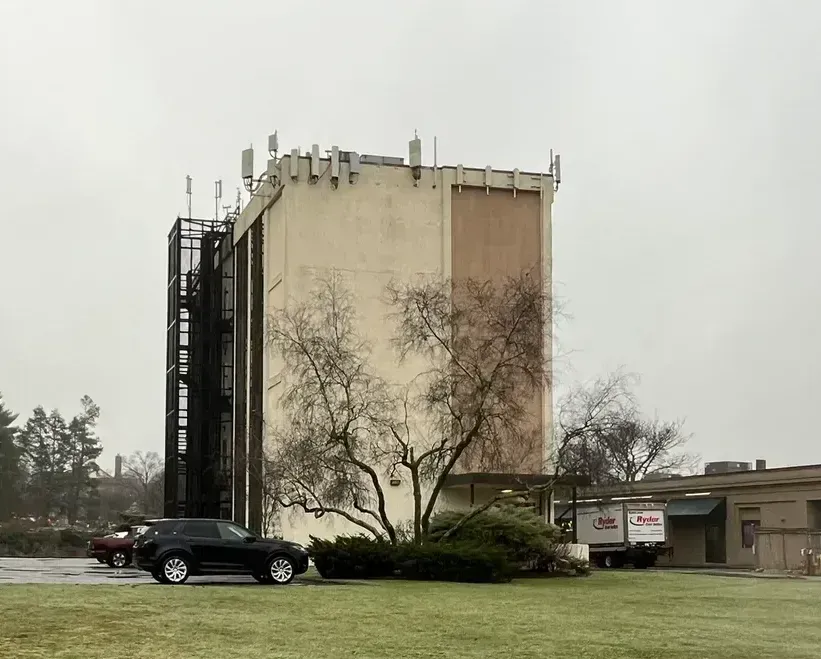Table of Contents
The following was submitted by the office of Sen. Jason Lewis:
State Sen. Jason Lewis joined his colleagues in the Massachusetts Senate to pass urgent reforms to the Commonwealth’s healthcare system to boost oversight and transparency in the market and improve patient access to affordable treatment.
The Senate approved An Act enhancing the healthcare market review process with bipartisan support by a vote of 38-2.
Massachusetts continues to manage challenges related to private equity’s mismanagement in healthcare, which has created uncertainties for patients receiving care and the communities that the healthcare facilities serve. The legislation passed by the Senate would create strong systemic safeguards around private equity in healthcare, a significant step towards preempting future mismanagement.
“Access to high-quality, affordable healthcare should be a basic human right, but unfortunately some healthcare players like Steward have taken advantage of our healthcare system out of greed and mismanagement,” said Lewis. “The reforms contained in this important legislation will safeguard patients and improve access to affordable care.”
Key provisions in this legislation include:
• Expanding oversight of private equity firms, real estate investment trusts (REITs), and management services organizations (MSOs) involved with Massachusetts healthcare providers. The bill expands oversight of pharmaceutical manufacturing companies and pharmacy benefit managers (PBMs) and creates a licensing structure for PBMs.
In addition to PBMs, the bill establishes licensing structures for certain healthcare providers currently not licensed, and therefore not subject to Department of Public Health (DPH) oversight, including office-based surgical centers, urgent care centers, and other healthcare practices.
• Improving access to primary care by establishing a task force to study and make recommendations to stabilize system and workforce shortages, increase financial investment in primary care, and improve patient access to primary care.
The bill also directs the Health Policy Commission (HPC) and the Center for Health Information and Analysis (CHIA) to set and measure healthcare affordability goals for the Commonwealth, and directs the HPC to consider health equity goals in developing the state health plan.
• Keeping health insurance affordable by establishing a health insurance bureau to conduct rate reviews of premium rates for health benefit plans, oversee the small group and individual health insurance market and affordable health plans — including coverage for young adults — and disseminate information to consumers about health insurance coverage.
• Cutting red tape for prescription access by requiring a new insurance carrier to honor any prior authorizations approved by a previous carrier for at least 90 days following a patient’s enrollment in the new health plan, and requiring that a prior authorization approval for medication and treatment prescribed for chronic disease management must be valid for the length of the prescription, up to 12 months.
• Protecting practitioner autonomy by preventing businesses, such as MSOs and corporate employers of healthcare practitioners, from encroaching on the clinical autonomy of practitioners.
While MSOs were created to provide practices with administrative and business support, in recent years private equity firms and other corporations have started using MSOs to increase profits by controlling practices, and by extension, the practitioners who work in them. Patients deserve safe and appropriate care that is based on a practitioner’s best professional judgment without the influence of business interests.
• Managing costs and improving quality of care by updating several programs aimed at constraining healthcare costs and improving care quality, including the Determination of Need (DoN), Performance Improvement Plan (PIP), and Material Change Notice (MCN) programs.
A Conference Committee will now be appointed to reconcile differences between the versions of healthcare reform bills passed by the Senate and House of Representatives, before being sent to Gov. Maura Healey for her signature.









